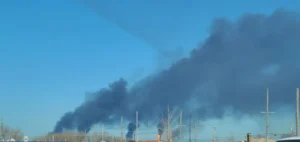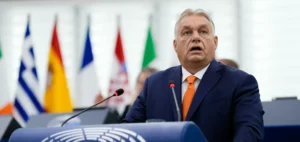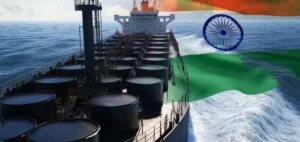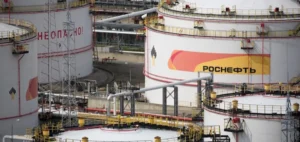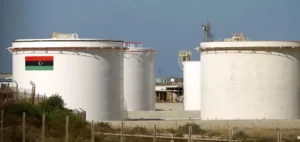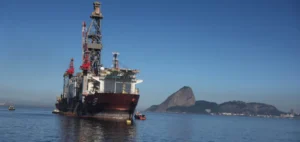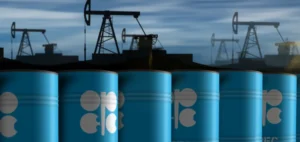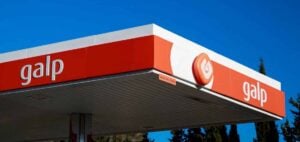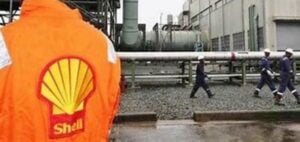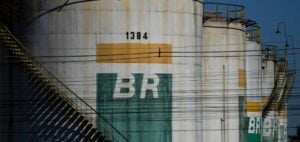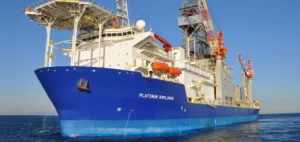Saudi Arabia succeeded in convincing several OPEC+ producers to adopt voluntary cuts in oil supply, an agreement marked by an increased commitment from Russia for the first quarter of 2024. This decision, aimed at rebalancing the market in the face of falling prices and overproduction, came after tense negotiations, reflecting the continuing challenges in the oil sector.
Market impact
Despite the announcements, Dated Brent prices fell, signalling a tepid market reaction. This situation highlights the delicate balance OPEC+ must strike between stabilizing prices and meeting global energy needs. Industry experts, such as Clay Seigle of Rapidan Energy Group, point to high market expectations and an insufficient response from OPEC+.
Impacts of the cuts and commitments by member countries
Apart from the Saudi and Russian contribution, the new restrictions represent a further reduction of 700,000 barrels per day. These commitments, while significant, need to be set against the wider challenges facing the oil market, notably overproduction and falling demand due to economic uncertainties.
Challenges for African countries
OPEC’s African members, faced with a reduction in their quotas, are raising concerns about the impact of these decisions on their economies. Angola, for example, has expressed its dissatisfaction, highlighting internal tensions within the organization. This complex dynamic between African members and OPEC+ underlines the geopolitical and economic stakes inherent in oil production decisions.
Outlook and next steps
The next OPEC+ ministerial meeting is scheduled for June 2024 in Vienna. Until then, OPEC+ members will have to navigate an ever-changing economic and political landscape, while seeking to maintain a balance between national interests and global market imperatives. The Group’s ability to adapt and respond effectively to future challenges will be crucial to its role and influence in the global oil market.
The OPEC+ initiative to reduce oil supply illustrates the complexity and multi-faceted nature of global energy governance. While the organization strives to stabilize the market, the repercussions of its decisions on the economies of member countries and on the global energy balance remain a matter of crucial importance.



